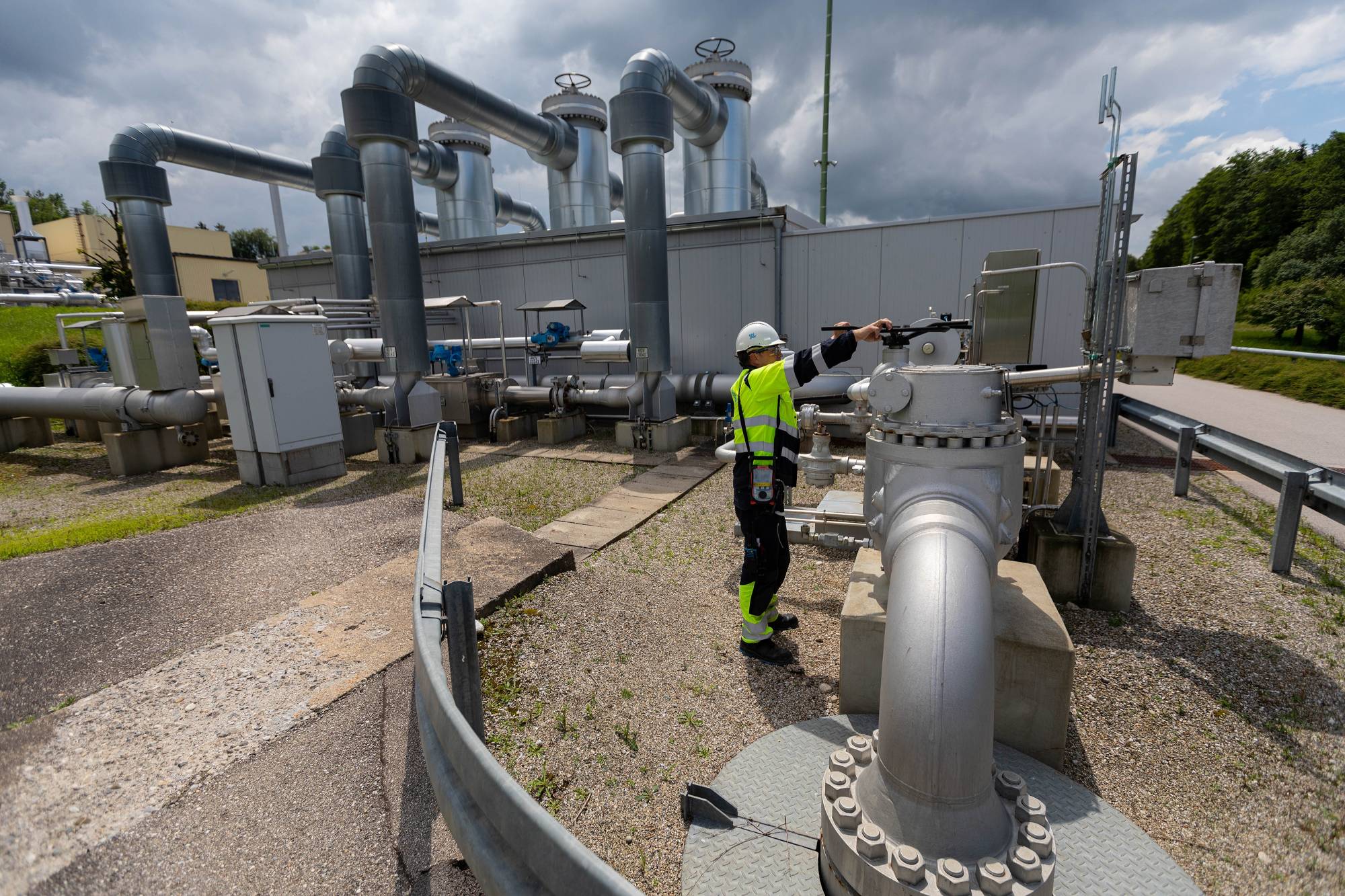Even if Europe can fill its gas storage, Europe faces a perilous winter and governments will need to keep rationing plans to hand as they race to secure more liquefied natural gas (LNG) to keep pace with a rapid shift away from reliance on Russian fuel.
For European households, meanwhile, there is little respite from sky-high fuel prices that have strained budgets, driven down disposable income and weighed on the economic outlook.
The European Union aims to end reliance on Russian fossil fuels by 2027. But Moscow has already cut gas flows to Bulgaria, Poland, Finland, Danish supplier Orsted, Dutch firm Gasterra and Shell for its German contracts, after they all rejected a Kremlin demand to switch to payments in rubles.



















With your current subscription plan you can comment on stories. However, before writing your first comment, please create a display name in the Profile section of your subscriber account page.